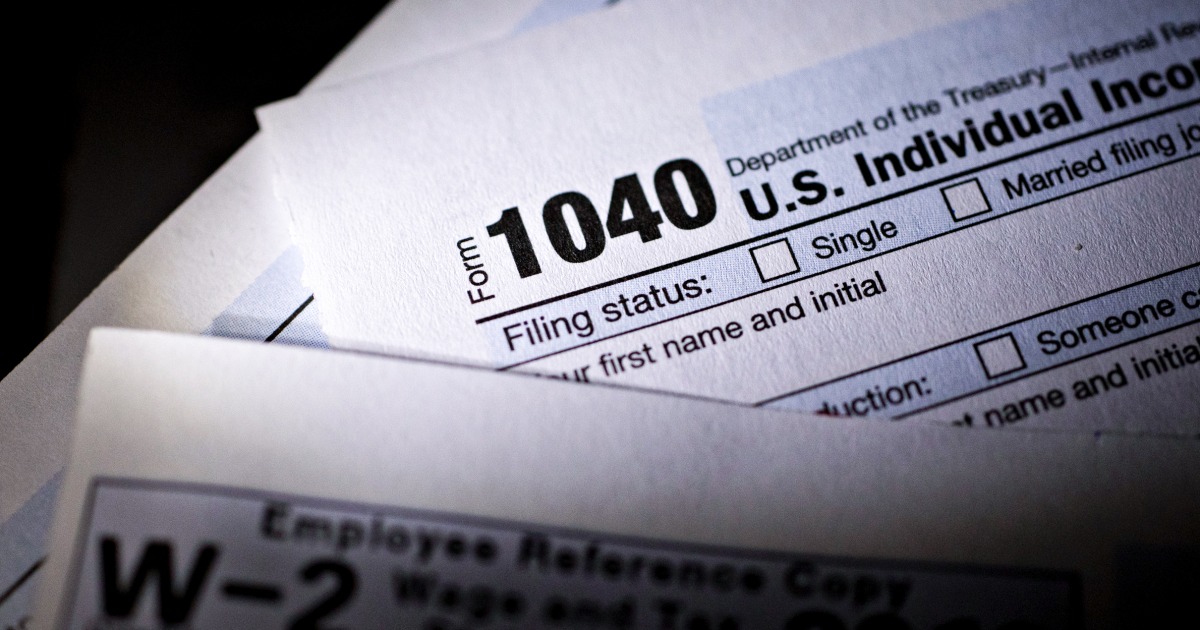By Carmen Reinicke - CNBC + Acorns
More than 35 million families received the first of the monthly payments of the newly increased child tax credit on July 15.
However, financial experts point out that some should forgo the rest of the benefits and wait to claim the entire credit when they file their taxes next year.
Before the aid began to be sent, about a million families had already decided not to collect it, said the IRS (Internal Revenue Service) and the Department of the Treasury.
[The first child aid check is mailed this week. We explain how to receive it]
"It's important to allow opting out of these payments because we don't know how people have budgeted for their tax refunds," explained Elaine Maag, a researcher at the Urban-Brookings Center for Tax Policy.
"If it is important for them to receive this credit as a single payment, we want to make sure that people still have that option," he said.
There is confusion among undocumented parents about how to receive child checks.
This is what to do
July 16, 202101: 35
Families can still modify how they want to receive the money through the IRS website.
This Monday, August 2, is the last day to notify the agency not to send the next payment.
The enhanced child tax credit is part of the American Rescue Plan that President Joe Biden signed in March.
By 2021, the credit increases to $ 3,000 from $ 2,000 per child under 17 and provides an additional benefit of $ 600 for children under 6 years of age.
The credit can be granted in monthly payments - $ 250 per month for children ages 6 to 17 and $ 300 per month for children under 6 - or it can be claimed as a one-time bonus when 2021 taxes are done.
The full credit is available to all children 17 and under in families with 2020 or 2019 adjusted gross income less than $ 75,000 for single parents and $ 150,000 for a married couple filing jointly, and ends for individuals earning $ 95,000 or married couples filing a joint return that does not exceed $ 170,000, although they would still be eligible for the regular child tax credit.
[Five Smart Ways to Use Monthly Aid Per Child Starting in July]
Families who tend to owe money to the IRS when they file their taxes or self-employed parents who make quarterly estimated payments may choose to keep the full credit until the next year, rather than get half up front, because the benefit makes up for what eventually they have to pay.
"It's a protection from having to pay a surprise amount of money to the IRS," Maag said.
Other families may choose not to because they prefer to receive a large sum to spend at one time rather than small amounts of money each month.
For many families, the tax refund is the largest unanticipated gain they receive in the entire year.
They may plan to use the money for a large purchase, such as a car, refrigerator, or other household item.
"We don't want to take that away from people," Maag insisted.
Could a fourth round of stimulus checks arrive?
July 22, 202100: 31
As the credit is higher than in previous years, it is not a fact that those who request the monthly payments will automatically have a lower tax refund than usual.
Still, some families may prefer to receive the extra money at one time rather than have it spaced.
Families of separated or divorced parents and who share custody of the children can choose not to receive advance payments to facilitate income tax return.
Many parents alternate annually who claims the children and, therefore, who receives the credit.
Since the IRS relies on tax information for 2020, the money will be sent to the parent who claimed the children that year.
But it may not be the parent to claim the children in 2021.
[Keeping the child tax credit after 2021 would help 65.6 million American children]
"Children of divorced parents would probably do better to opt out, just to keep the peace," advised Trenda Hackett, tax editor at Thomson Reuters Tax Accounting.
In his opinion, it would also protect parents from the possibility of having to repay the credit if it is not their year to claim it.
For some families, probably those in the higher end of the income range that can receive the credit, monthly advance payments can spoil the tax planning they have in place.
Generally, this applies to families who not only have wage income, but may have capital gains or other money, so the IRS withholds more than the standard amounts taken from payroll by an employer.
Alert for fraud in the delivery of checks to families with children in the United States.
July 21, 202102: 03
"If they suddenly get $ 2,000 or $ 1,000 during the year, there may be a mismatch when filing the income tax return," he explained.
Therefore, they may prefer to use all of the credit when filing the return to offset any taxes they may owe.
If they don't have any additional tax liability, they would get the money back as a refund.
This article is part of the Invest in You Ready series. Set. Grow (Invest in you: Ready. Done. Grow), an initiative of CNBC and Acorns, the microinvestment app. NBC Universal and Comcast Ventures are Acorns investors.


/cloudfront-eu-central-1.images.arcpublishing.com/prisa/YU6JYS64KNDZNHHGXA3QMTYNGY.jpg)




